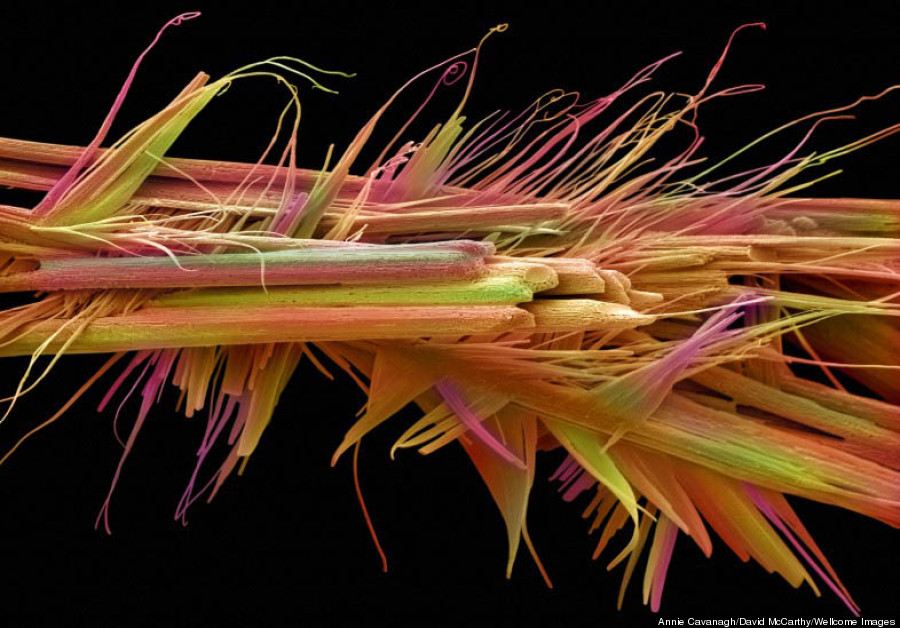Several scientific studies on one of the most produced and consumed beverages in the world have been conducted and prove the effects and benefits of coffee on the body. Besides accelerating metabolism, improving concentration, and stimulating memory, some less famous discoveries may serve to explain why so many people like — or are almost addicted to — caffeinated drinks.
Here are some of them:
- You Don’t Need Coffee Right After Waking Up
The human body produces a hormone called cortisol, which promotes a feeling of alertness. It is released according to the time of day and usually reaches its maximum level as soon as we get out of bed.
In other words, drinking coffee right after waking up is a waste of caffeine; the ideal is to wait some time.
If you get up at 8 AM, drink coffee from 9:30 AM. In the afternoon, the ideal is to have a cup between 1:30 PM and 5 PM, when the hormone reduces its quantity in the body.
- The Chemical Compound of Caffeine Is Similar to a Sleep Neurotransmitter
During the day, your brain produces natural levels of adenosine, which regulates brain function. Caffeine acts with the same function of controlling the intensity of your sleep. By chance, the chemical compounds of both are quite similar.
- Coffee May Help Prevent Alzheimer’s and Other Diseases
A study developed at the Faculty of Medicine of Lisbon, Portugal, stated that coffee consumption can delay the symptoms of Alzheimer’s. Other research has already proven that drinking coffee also reduces the risks of diseases such as type 2 diabetes, depression in women, and Parkinson’s.
- Under an Electron Microscope, This Is What Caffeine Looks Like

Caffeine naturally forms small crystals 40 micrometers in size. The above photo won a scientific photography award in 2012 for showing something common and routine from a different angle.
- Coffee Can Be Addictive
The more coffee you drink over the years, the greater the possibility of altering your brain chemistry. With increased caffeine consumption, more adenosine receptors are produced and you will automatically need to drink more coffee to be able to connect them. This process, in turn, can cause dependence and withdrawal symptoms — fatigue, irritability, headache — if you try to reduce consumption.
- The Effects of Caffeine Appear 10 Minutes After the First Sip
A study done by the University of Barcelona in Spain showed that after 10 minutes, caffeine reaches half of its maximum concentration in the blood, enough to start causing some effect. In 45 minutes, when it reaches the maximum level, it can already make you more alert. Depending on how fast the body absorbs the “drug,” it’s possible to maintain this effect for 3 to 5 hours.
- Bees Also Love Coffee
The nectar of some flowers has small levels of caffeine, which is used to attract bees and can also improve the insect’s memory, according to a study published in the journal Science.
- Besides Caffeine, Various Compounds in Coffee Are Good for Health
The other compounds include antioxidants, which protect the body from the harm of free radicals. These molecules cause aging and are associated with diseases such as cancer and heart problems, disorders that coffee also helps prevent.










